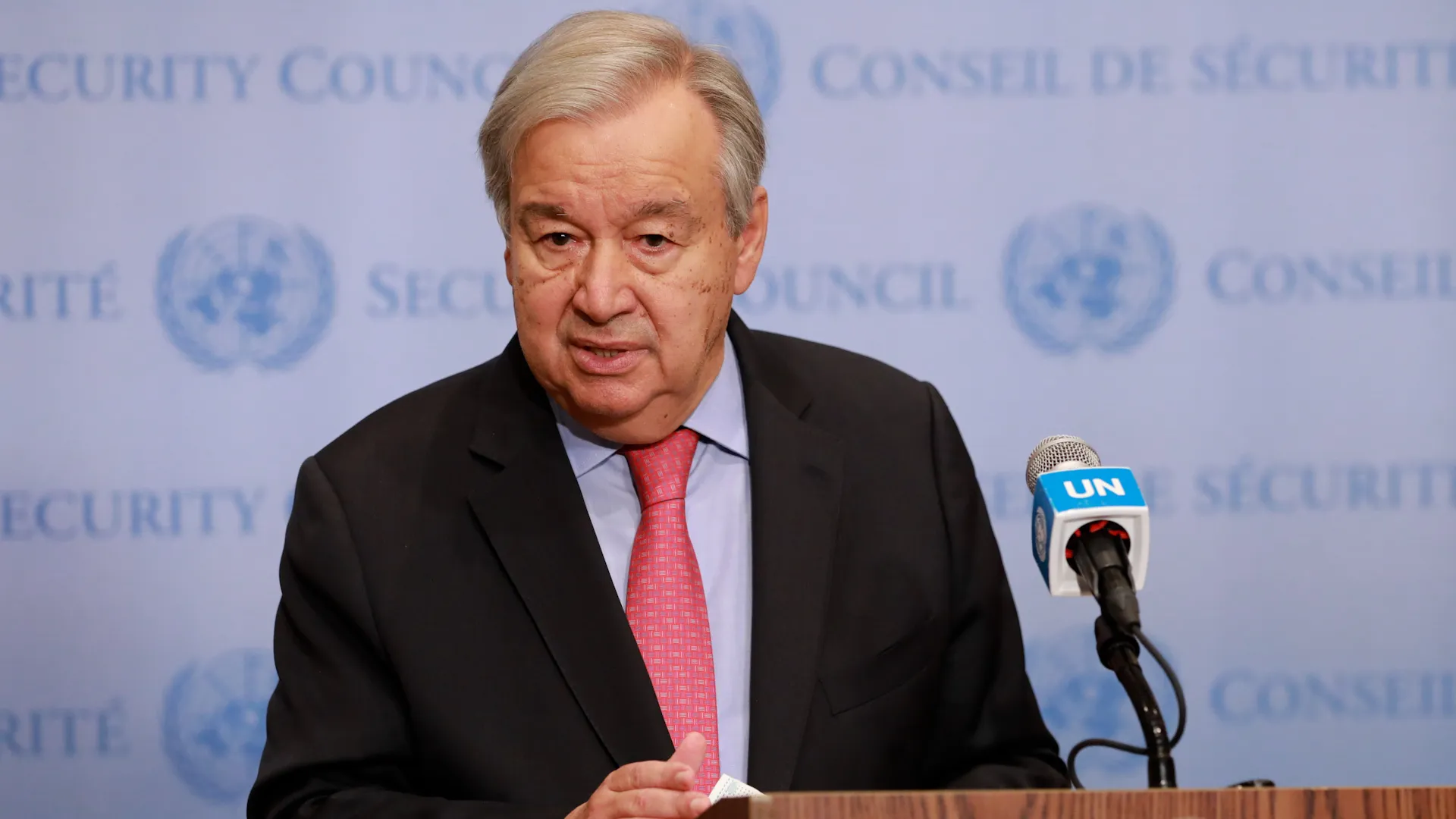It has declared United Nations Secretary-General Antonio Guterres persona non grata, which effectively barred him from setting foot inside the country. It is Israel Foreign Minister Israel Katz who officially made that declaration, further mentioning the secretary-general’s failure to condemn Iran’s recent missile attack on Israel, as well as the fact that he did not utter a word regarding atrocities committed by Hamas.
“Today, I have declared UN Secretary-General @antonioguterres persona non grata in Israel and banned his entry into the country. Anyone who cannot unequivocally condemn Iran’s heinous attack on Israel, as almost every country in the world has done, does not deserve to step foot on Israeli soil,” says Katz in the social media post.
The Israeli government’s perceived growing disdain for Guterres at the present juncture manifests from dissatisfaction with Guterres’ posture in connection with the raging Middle East conflict. Katz pointed to the silence of the Secretary-General on the massacres and sexual assaults on civilians by Hamas on 7th October, which Guterres has not condemned the acts nor pushed to label Hamas a terrorist organisation.
The foreign minister also accused Guterres of pandering for what he sees as support for groups like Hezbollah, the Houthis, and now Iran, which Katz referred to as the “mothership of global terror.”
Except for the statement by Israel Katz, deputy spokesperson for the Israeli Ministry of Foreign Affairs, Alex Gandler echoed the criticism. Speaking with the ANI news agency, Gandler said, “He has not been helpful during the conflicts between Israel and Iran, Hezbollah, and Hamas.” Gandler observed that the UN chief failed to explicitly condemn Iran’s missile strikes on Israeli civilians, which were carried out earlier this week, to his credit; they increased frustration within the Israeli leadership.
It then escalated with Iran launching close to 200 ballistic missiles at Israeli targets. While the Israeli Iron Dome defence system was in a position to intercept many of the rockets, the attacks were described as a grave escalation in the turmoil which has been rife in the region. Israel was actively repelling the attacks, backed by the United States military; the U.S. Naval destroyers and Israeli air defence units were coordinating efforts to intercept incoming missiles.
Israeli Prime Minister Benjamin Netanyahu called Iran’s actions a “big mistake” and said that Tehran would pay for the provocative move. “Iran made a big mistake today and will pay for it. The Iranian regime does not understand our determination to defend ourselves and our determination to take revenge on our enemies,” Netanyahu said.
A spokesperson for the Israeli Defense Forces, Rear Admiral Daniel Hagari, warned of retaliatory action, saying the country would do it “whenever, wherever, and however, it pleases” and that such an action would be in concert with its government.
Meanwhile, the UN Secretary-General had earlier urged restraint, condemning the escalation of violence in the region but never condemning Iran’s missile strikes. Guterres called for a ceasefire, even stating he “absolutely needs a ceasefire.” However, Israel’s leadership has reacted with disapproval at what it believes is Guterres’ passivity in the face of aggressive steps by Hamas and Iran.
The development of the situation will only drive up tension between Israel and the United Nations: Israel will strongly hold on to the already taken decision not to allow Guterres into the country.















